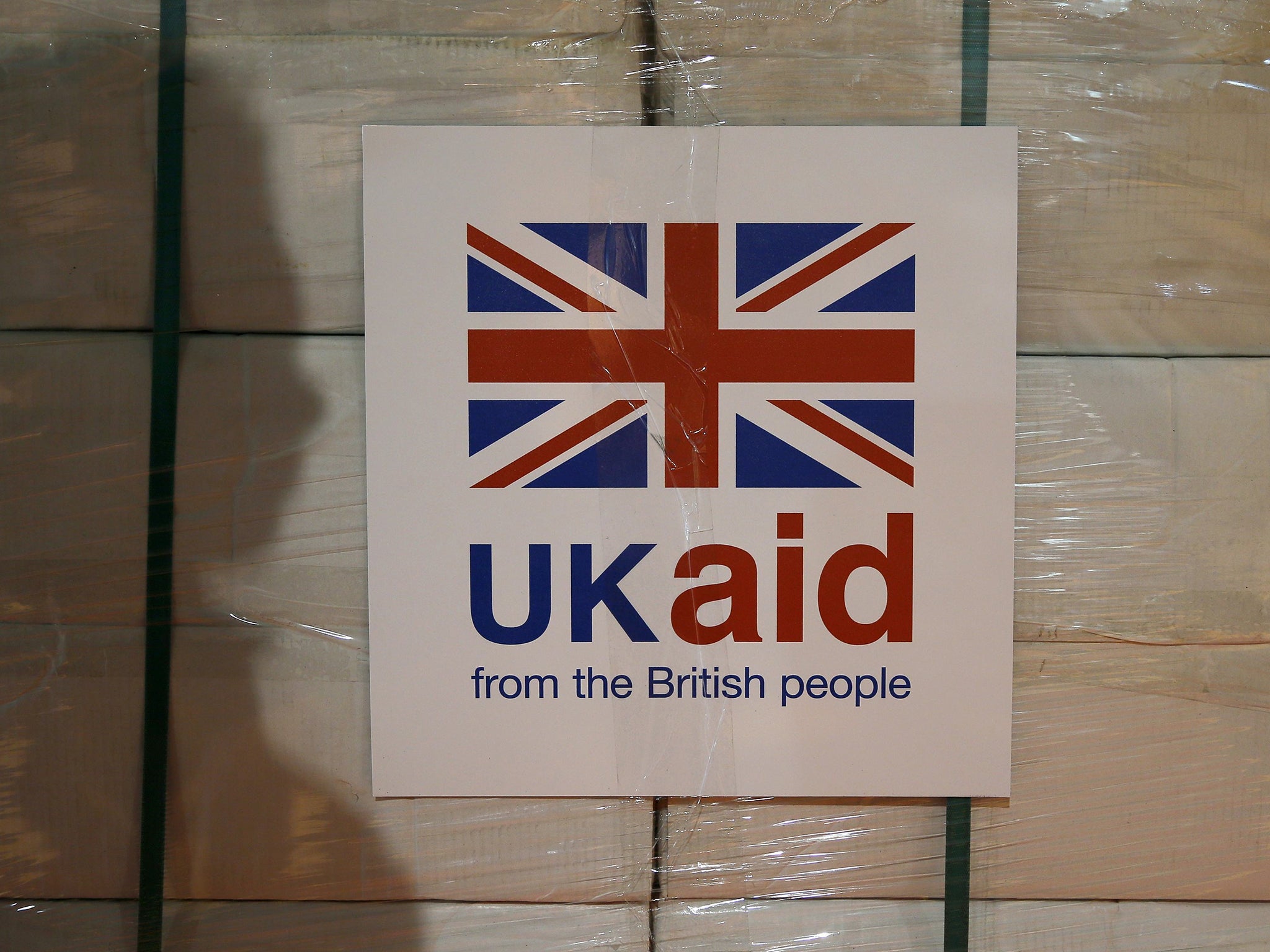Conservative right-wingers lose bid to kill off International Development Bill
Charities hail passage of Bill

A Bill which would guarantee minimum levels of spending on overseas aid has survived an attempt by Conservative right-wingers to torpedo it.
A handful of Tories, supported by the newly elected Ukip MP Mark Reckless, voted against proposals to enshrine in law the commitment to spend 0.7 per cent of national income on international development.
There had been speculation that opponents would try to kill off the legislation by talking it out or tabling wrecking amendments.
But the Bill cleared the Commons with 15 minutes to spare and will continue its progress through Parliament.
David Cameron has faced Tory opposition to his determination to boost aid spending. He did not take part in the vote, although several ministers voted in favour.
Downing Street stressed that under his leadership Britain had become the first member of the G8 group of industrialised nations to achieve the 0.7 per cent target.
The 10 most conflicted countries in the world
Show all 10The Bill had been proposed by the former Liberal Democrat Cabinet minister, Michael Moore, who said it mattered because British aid “saves lives and transforms lives”.
The former International Development Secretary, Andrew Mitchell, in his first Commons contribution since losing his libel case, said: “It’s a matter of huge pride - this Bill will hopefully reach the statute book now. It puts into operation a promise all parties in this House have made to the public. It’s not only the right thing to do but is hugely in Britain's national interest.”
But the Tory MP Philip Davies, who spoke against the measure for more than an hour, said: “For lots of people around the country, they feel that overseas aid is the taking of money from poor people in rich countries and giving it to rich people in poor countries."
Following the vote, Oxfam’s chief executive Mark Goldring said: “This commitment will mean the UK continues to lead the way in supporting lasting progress for millions hit by poverty, conflict and natural disasters.”
David Bull, Unicef’s UK executive director, said: “Britain is sending a clear signal to those facing poverty that we will continue to keep our promises to them.”
Subscribe to Independent Premium to bookmark this article
Want to bookmark your favourite articles and stories to read or reference later? Start your Independent Premium subscription today.

Join our commenting forum
Join thought-provoking conversations, follow other Independent readers and see their replies